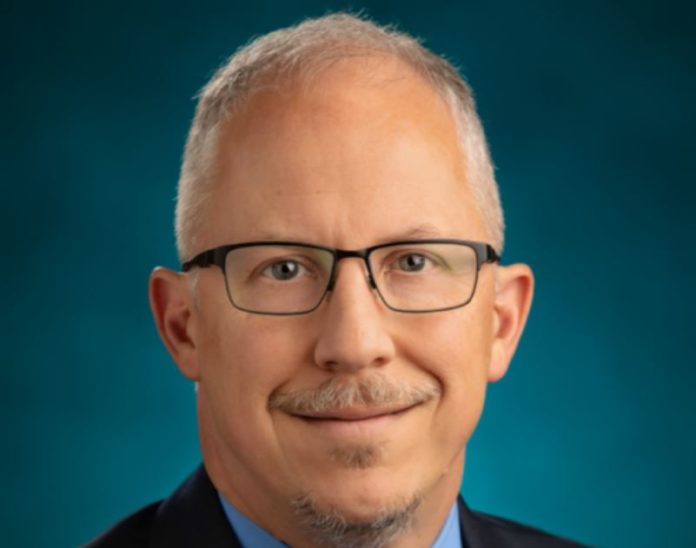
CARBONDALE — A study hopes to assess risks and barriers to health care for the region’s rural gay communities.
The Southern Illinois University School of Medicine is seeking LGBT participants in central and southern Illinois for its Illinois Cohort study.
Wiley Jenkins, the study’s principal investigator, directs science and research for the Division of Epidemiology and Biostatistics at SIU Medicine. Blue Cross Blue Shield of Illinois is funding the study.
Illinois Cohort is part of ruralHarmony a group of academics, clinical partners and students who formed to research and work explicitly on rural health issues as they relate to sexual orientation or gender identity.
Jenkins hoped to have the study under way by now, but said he underestimated the commitment required to participate. It entails three online surveys and an interview via phone or videoconference over a six-month period. Those interested in taking part can go to bit.ly/3a29GZ5 to apply. Participants will be compensated for their time.
Jenkins said topics to be assessed include drug and alcohol use and other risky behavior; chronic disease risk; infectious disease risk; COVID-19 and its impact; health care access; mental health; demographics; and stigma.
Jenkins believes the study is the first of its kind in the United States.
Jenkins said that in conversations with advisory boards representing the LGBT community, common potential barriers to health care have to do with things such as stigma, providers using the wrong preferred pronoun, or using the wrong name for people in transition.
“In our survey last summer, we found that half of the gay men had not told their provider about being gay,” Jenkins said. “That knowledge could make a big difference in the type of health care they might receive. But it provides a barrier to talking about who they are to their provider because they don’t feel comfortable. And some providers just don’t want to know that kind of information.”
Jenkins isn’t sure what they will find because so little is known about LGBT communities in rural areas. Most similar research has focused on urban areas. Jenkins said some things can be guessed, such as rural LGBT people likely have less satisfaction with their health care.
“Living in a rural area is truly different from living in large metropolitan area,” Jenkins said. “How well do rural gay men control their diabetes? The survey should help us begin to explore whether they are managing it correctly. Same with cholesterol levels and mammography.
“Transgender individuals, particularly, have less health care satisfaction overall because they are being misgendered. So, we expect to see differences in engagement and satisfaction. But we don’t know what we will find out because it really is brand new.”
Jenkins said the study is a collaborative effort and places like the Phoenix Center in Springfield and Rainbow Cafe in Carbondale have provided critical feedback.
Jenkins wants to have participants selected by mid-July and the research done by the end of the year.
“Our aim is to freely share our data, discuss the data, publish our work and figure out the types of changes that could make health care more accessible,” Jenkins said. “We just want to make it better.”









